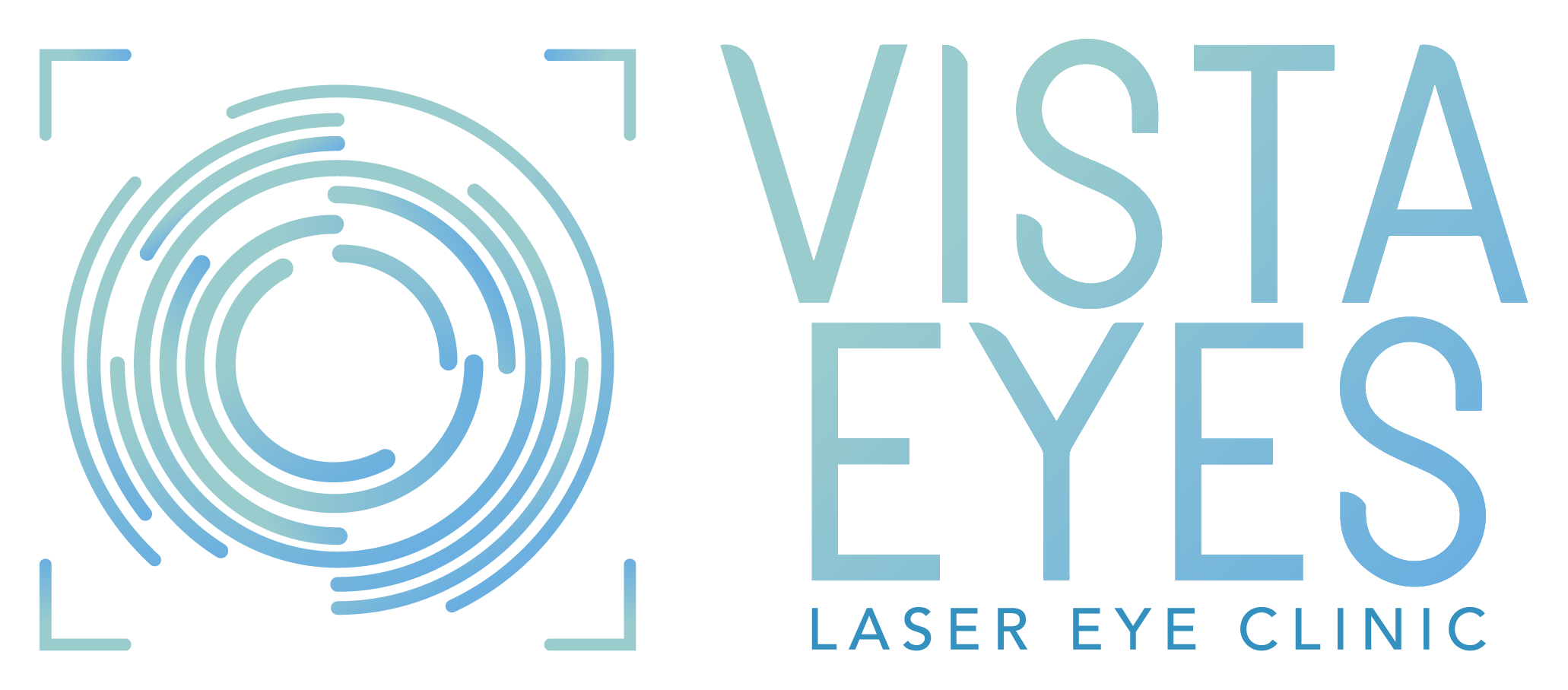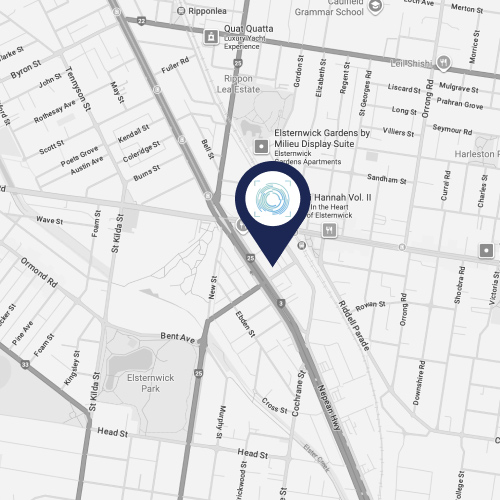
Will I Need Glasses After LASIK?
LASIK eye surgery in Melbourne is one of the most widely performed procedures to correct common refractive errors such as myopia, hyperopia, and astigmatism. At Vista Eyes Laser Eye Clinic in Victoria, Dr Rick Wolfe has performed over 27,000 procedures, making him one of the most experienced laser eye surgeons in Australia.
A key reason many people consider LASIK is the opportunity to reduce their reliance on glasses or contact lenses. In this article, we explain what to expect after LASIK in Melbourne, including how vision can change over time and when further treatment may be considered.
How LASIK Eye Surgery Works
During the LASIK eye surgery procedure, your ophthalmic surgeon uses a femtosecond laser to create a thin flap in the cornea. A second laser (excimer laser) then reshapes the cornea according to a highly personalised plan. This helps light focus correctly onto the retina, improving clarity for those with short-sightedness, long-sightedness, or astigmatism.
After LASIK, many people experience clear, improved distance vision—often reducing or eliminating their need for glasses or contact lenses.
How Vision Can Change Over Time After LASIK
It’s important to know that while LASIK corrects your current prescription, it doesn’t stop the natural ageing process of the eyes. From around age 45, most adults begin to develop Presbyopia—a normal age-related change where the internal lens of the eye becomes less flexible, making it harder to focus on close objects.
This means that even after successful LASIK, you may require reading glasses later in life. This change is not due to LASIK wearing off, but rather part of the natural ageing process of the eye.
Understanding Long-Term LASIK Outcomes
Most people who undergo LASIK enjoy stable long-term results. However, minor vision changes can occur as part of the body’s natural progression. These changes are usually unrelated to the original LASIK treatment and can be managed with regular eye check-ups.
Follow-up care is an important part of your LASIK journey. At Vista Eyes, our team ensures ongoing monitoring to support your eye health over time.
Options if You Need Glasses Again
For patients who develop Presbyopia or other age-related vision changes, Vista Eyes offers a range of treatment options. These may include Refractive Lens Exchange (RLE), Implantable Collamer Lens (ICL), or PRK/ASLA, depending on your individual needs and eye health.
Book a Consultation in Melbourne
If you're considering LASIK or want to understand what to expect after the procedure, our team at Vista Eyes is here to help. You can read more about Dr Rick Wolfe or speak with us directly for tailored advice.
Call 03 8532 5000 or contact us online to schedule your consultation today.
*This information is general in nature. All medical and surgical procedures carry potential risks and benefits. Please consult your ophthalmologist for individual medical advice.
Are you suitable for vision correction?
It isn’t suitable for everyone.
The first step is to take the quiz so you can find out whether you can benefit.


